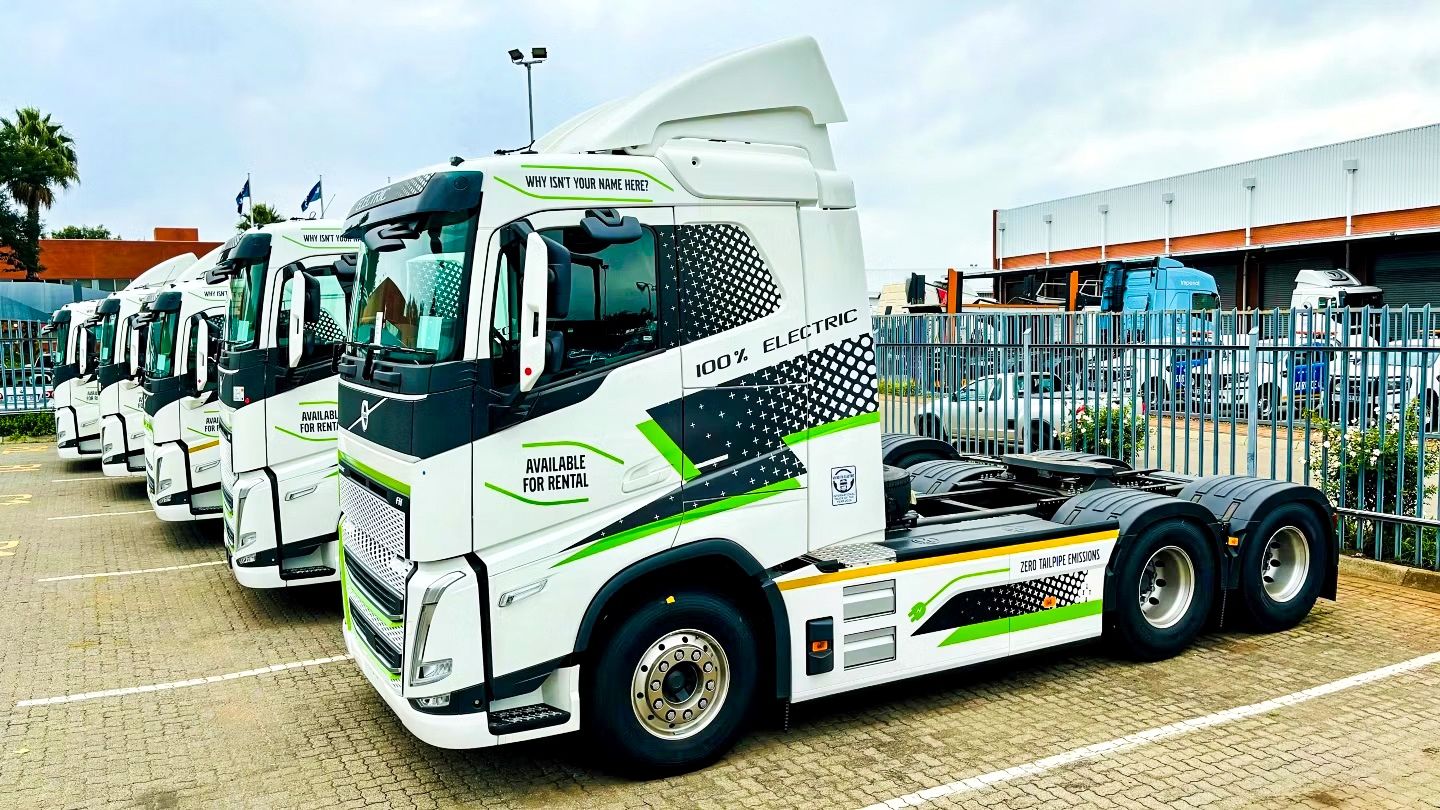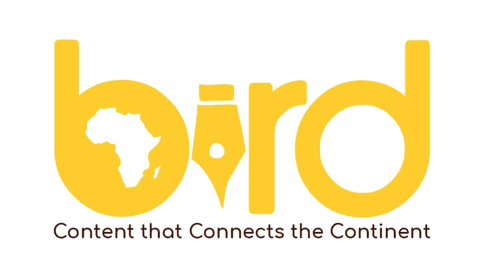After toppling Fintechs in fundraising for the first time, prospects are bright for many African Mobility startups, with their unique innovations offering insights and value to investors.

Conrad Onyango, bird story agency
Africa’s mobility startups are having a moment.
For the first time, these small businesses in transport and logistics have dethroned Fintechs in attracting the most investor funding on the continent.
In another historic first, mobility startups are beginning to explore cross-border rental trips as they look to capitalize on growing intra-Africa tourism fuelled by the removal of visa requirements by some countries and the adoption of multi-country visa regimes by others.
In the first half of 2024, mobility startups raised US$218 million compared to Fintech’s US$186 million, According to an Africa: The Big Deal report, which put overall funding to startups at US$800 million.
According to Treepz founder and Chief Executive Officer, Onyeka Akumah, funding increases are coming on the heels of increasing interest in the innovative solutions to mobility problems coming from the continent.
“Investors are starting to realise that mobility issues are not just confined to Africa; they are global. New solutions are constantly emerging to address these challenges, which is why funding for mobility startups remains crucial,” Akumah said in an interview with bird.
Another half-year report by intelpoint also affirms Mobility and Logistics sector outperformed Financial Services in funding, although the report’s overall US$580 million in startup funding for the period is a lower estimate than that suggested by Africa: The Big Deal.
The two reports both highlight that Nigerian mobility startup, Moove's US$110 million was the largest funding round of the period – some 64% of the industry's total, according to intelpoint.
Other mobility startups that have raised funding over the first six months include Planet42 (US$16 million) Ampersand (US$12 million) and Roam (US$24 million).
Another show of investor confidence in the mobility industry manifested recently when Kenyan-made car maker, Mobius, announced it would be shutting down operations due to financial difficulties only to reverse the decision a week later, announcing it had received a buyout offer.
“On August 14, Mobius accepted a bid for the acquisition of 100% of its shares by an undisclosed buyer. Both parties are looking to close the transaction within 30 days,” said Mobius Motors Kenya Director Nicolas Guibert in a notice.
Founded in 2011, Mobius designs, manufactures and sells vehicles built specifically for the African market.
“Unlike the fintech industry, where solutions can often be applied broadly, mobility requires a more nuanced approach and this has attracted good attention to solving the problems,” said Onyeka.
Onyeka told bird that mobility startups are beginning to understand that they need to be very fluid with solutions offering that must be adaptable and tailored to the specific needs of each environment.
“When your solution is flexible and can be customised to fit different contexts, it becomes easier to secure funding because you can address specific problems rather than offering a generalised solution,” he said.
Akumah pointed to mobility startups in the rental space, like Treepz, as a case in point.
In August Treepz, became the first corporate mobility firm on the continent to complete a cross-border rental trip between two countries – Nigeria and the Benin Republic.
In a historic journey covering 1400 kilometres between August 7 and August 11, 2024, the mobility startup successfully transported 96 passengers from Lagos, Nigeria to Cotonou, Benin Republic and back.
The company’s Chief Executive said the historic trip showcased its capability to meet the growing demand for reliable transportation solutions – especially for tourists and corporate clients – across Africa.
“This achievement opens the door for us to innovate further, creating new pathways for cross-border travel that were previously unavailable,” said Treepz Chief Operations Officer, Johnny Enagwalor.
The company said it has partnered with a number of tour operators in five African countries to offer a range of tailored services depending on the number of people travelling, from standard rentals to luxury options like Range Rovers, Rolls Royces, and G-Wagons, depending on the client’s needs and preferences.
Teepz also focuses on events, including the NyegeNyege Festival (Kenya and Uganda), the TuskerLite Rwenzori Marathon (Uganda), and the Sabinus Campus Tour (Nigeria).
Over the last five years, the corporate mobility firm said it has completed transportation of over 5 million passengers in Nigeria, Ghana, Kenya and Uganda, where it has operations.
Treepz is the only mobility startup in the African corporate space. In July, African tech news platform TechCabal reported that corporate-focused mobility company, LULA, acquired a South African subsidiary of US-based staff bus-sharing startup Zeelo, for an undisclosed amount.
Since its launch in South Africa in 2019, Zeelo has raised US$33 million and completed more than 2 million rides annually in South Africa.
“This is a significant milestone for us, allowing our tech-enabled, ride-sharing platform to expand and provide even more safe, reliable and efficient transport solutions for business,” LULA said on X.
LULA with just over 1,000 driving partners will leverage Zeelo’s bigger footprint of over 18,000 riders to expand across the country.
bird story agency





